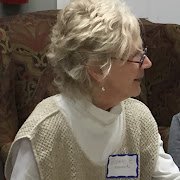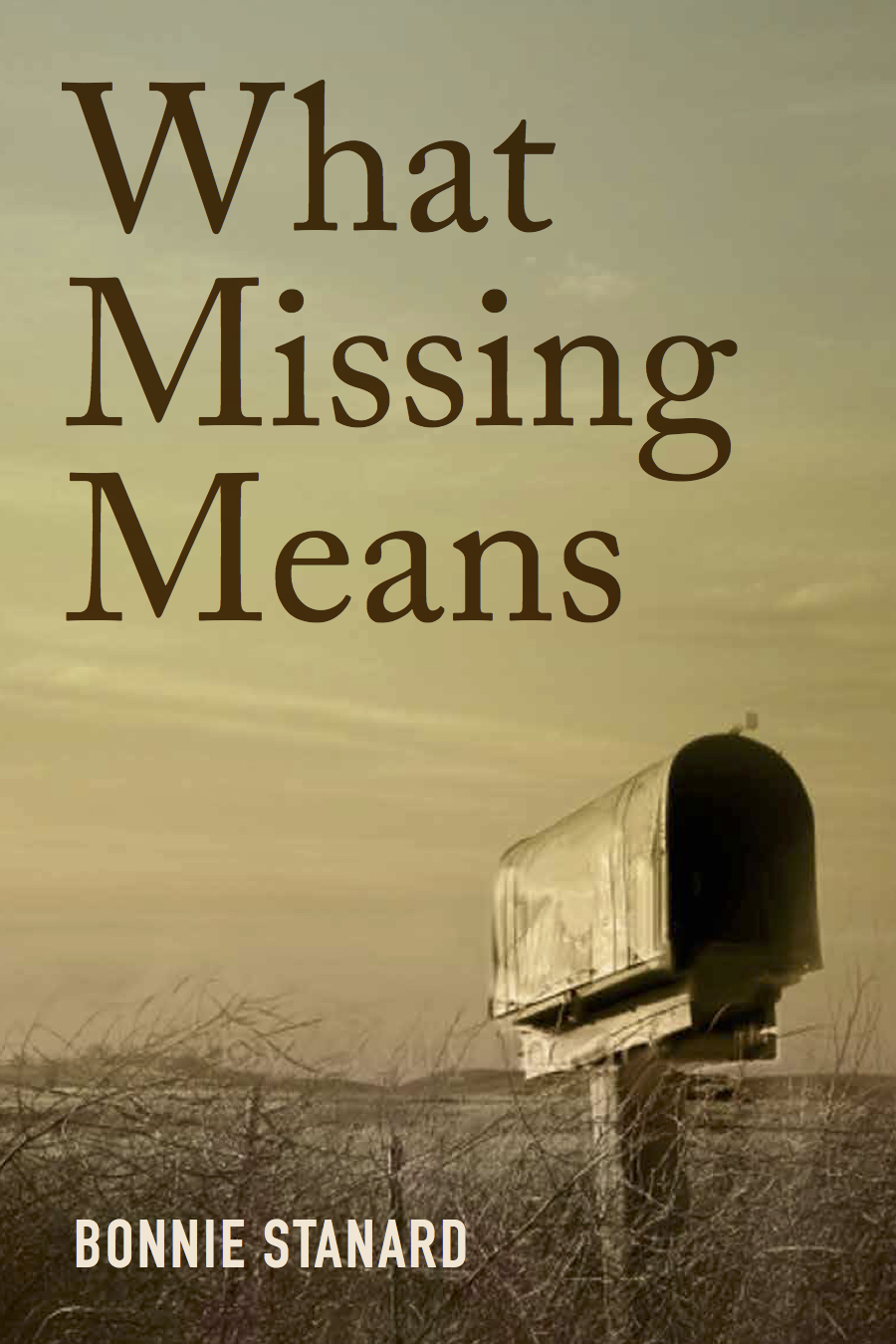Thursday, September 27, 2012
Swimming Poem
HOMERIC SIMILE and SWIMMING
Yesterday at a poetry
workshop at the Capitol Senior Center in Columbia we discussed similes. In
preparing for it, I found numerous www sites with examples of similes which I copied.
I hadn’t thought about it before, but most of the common similes are also clichés,
which is another aspect of poetry our group will discuss. Anyway, I also looked
for examples of Homeric similes, but lo and behold, Google came up with only
one set of three examples, all from The Iliad. At the same time, there were countless pages giving
these three examples.
As an aside, I hope Google
can get some control over duplications returned by its searches. As many as
five of 20 “results” are duplications, and the number seems to be rising.
Another problem I have with Google is that its results list sites that have
absolutely nothing to do with the words entered as parameters for the search.
It seems that some web sites, in their desperation for traffic, enter search
words unrelated to the subject of their web page.
Since I couldn’t find Heroic
simile examples, I provided one I wrote years ago at a workshop with poet
Claire Bateman, which I’ll paste below.
SWIMMING LESSON
As
fear can drown the desire to learn
and
trigger the fighting reflex
that
inspires your arms and legs
to
splash desperately
until
water sloshes into your nose
and
reminds you oblivion is at the bottom
of
the fluid surrounding you,
so
can dogged determination
control
your coordination,
clear
your senses such that,
even
in the flow of terror,
you
hear the instructor’s voice.
I only remember taking my
sons to one swimming lesson—that was when my oldest son was a preschooler.
Obviously it wasn’t his first lesson, for I’d stitched his name on a tee shirt
to make him known to the teacher. What I remember is sitting in a room beside
the pool which had a large plate window with a view of the pool and the
children taking the lesson. More to the point, I remember being terrified that
my son was drowning for the entire lesson. Even today (some 35 years later) I
wonder why I didn’t get up and take him out of the class.
The teacher paid no
attention to him, among many other students. My son couldn’t keep his head
above the water. He was sputtering, gasping, and trying to pretend he was
capable of mastering whatever the teacher had commanded. He was inundated with
so much water, he was crying but he pretended the tears were just water
splashing in his eyes.
Perhaps I thought he was on
the verge of doing better. Perhaps I thought the teacher knew better than I
did. Perhaps I thought I didn’t know drowning when I saw it. Perhaps I didn’t
have the energy to haul a babe in arms and another in diapers into the swimming
area with me. My son survived, but I didn’t take him back for another lesson.
Two of my sons became
certified scuba divers, so they must have had lessons along the way, perhaps at
school. In any case, they learned to love swimming at Black Creek in South
Carolina near the home of my mother. We visited her in the summers and on those
many days when the temperature hovered just above or below 100 degrees, we took
off for the creek.
Many children swam there
every day, from toddlers to teenagers. The water felt like it came from an
iceberg and was so clear you could drink it. We swam in an area of swift,
running water with a sandy bottom that spread out for about 50 yards after the
bridge before rushing into a narrowing of bushes.
In the 1980s the scene
changed. Twenty-year-olds began to hang out in packs there. The sound of water
rushing the banks was lost to boom boxes. The wet smell of water plants faded
to the smell of pot. A rough crowd intimidated children as well as cars
crossing the bridge. Eventually the state highway department put up bumper
rails to barricade access to the water. Nobody has swum there in over 20 years.
The same thing happened at other swimming holes. If there’s any creek or river
in Lexington County where youngsters can swim, I don’t know where it is.
Subscribe to:
Post Comments (Atom)












No comments:
Post a Comment